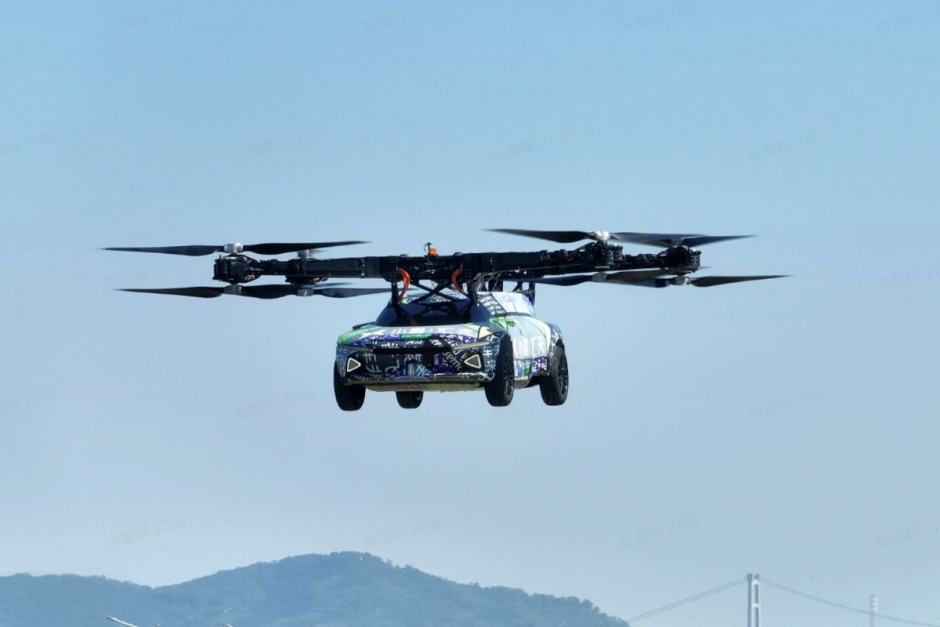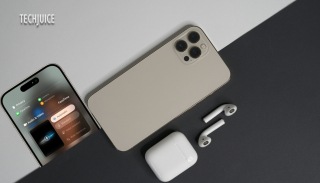The gull-winged two-seater aircraft rose and hovered nearly 30 meters above the crowd a sit roared in Mandarin. ‘Make us Chinese proud in Dubai.’
Chinese Xpeng Aeroht has created two of its aircraft’s first public flights. In October, the startup backed by electric vehicle manufacturer Xpeng Inc. conducted a 90-second exercise near Dubai’s famous Plan Jumeirah Island.
Moreover, He Xiaopeng, the billionaire founder of the EV company, and other backers are betting large that they can navigate regulatory obstacles. They are planning to capture a slice of the $1 trillion market that has the potential to revolutionize how they move around.
‘The flying car is approaching reality, and we think it was the right time to chip in,’ Brian Go Xpengs, the president, said on the sidelines of the Dubai event called GITEX.
Moreover, he added that the industry had produced a lot of technical breakthroughs, from weight reduction to obstacle avoidance and electrification’.
Aeroht stands out for the prototype that was held in Guangzhou. The Chinese company’s sixth-generation eVTOL is an actual car that also works on the road. It looks like a luxury automobile rather than a small plane with wheels.
The car is designed to be driven on the roads more than 90% of the time. And flown when traffic jams and obstacles occur.
The founder Zhao said in an interview that the car has eight propellers and four electric engines and may go into mass production in 2025. Moreover, he envisions a price of around 1 million Yuan($140,000) less than Juby’s car ($1.3 million). This is because Aeroht has access to Xpengs extensive network of suppliers thoroughly in China.
Warren Zhou, an investor with decent capital and backer of TCab tech, said that ‘there are few examples where American companies told us which sector is promising and can make money. Their Chinese counterparts just went and grabbed the market with lower prices. He also cited that drones, hover boards, and vacuums ‘will be same with the eVTOL and flying car industry.’
Undoubtedly, the technology is still in its early stages. The development of batteries with higher energy densities-the ratio of power to mass depends on many factors. Batteries that are lighter and more powerful than the ones used on EVs. Essential for flying cars as they require more power and are sensitive to loads. Currently, Aeroht uses laboratory batteries from domestic suppliers in its prototypes.
Besides, some eVTOL businesses, like the New York-listed Whang, target businesses and have already begun to make money. Whang received pre-orders from Malaysia and Indonesia for 160 of its autonomous aerial vehicles the current year.
Read more:
- The First Ever Flying Car Takes Off It’s First Flight In Dubai
- China’s Flying Car Makes Its First Flight in Dubai













